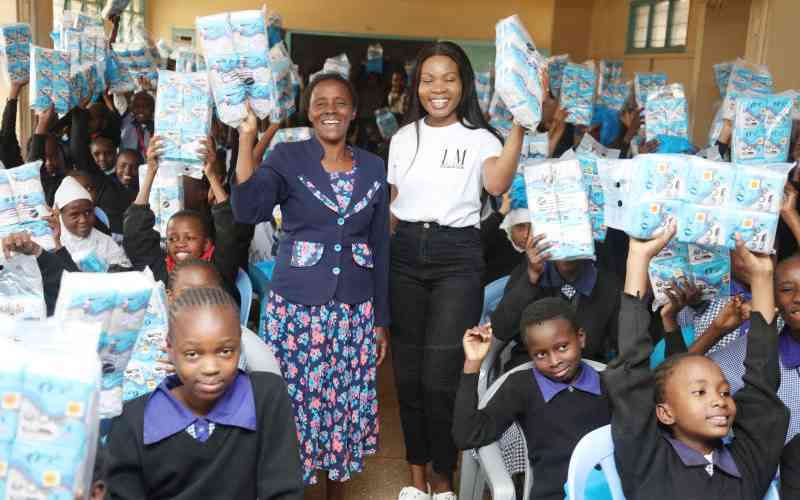
Kenya is grappling with the devastating effects of floods, which have already caused widespread displacement and destruction. Amid this chaos, a critical yet often overlooked crisis has emerged: the challenge of managing menstrual health in disaster-stricken areas. The situation has exposed a major vulnerability in our emergency response systems.
The floods have severely compromised access to clean water and sanitation, which are crucial for proper menstrual hygiene. Consequently, women and girls often have no choice but to use unhygienic materials, which increases their risk of infections and other health complications. These conditions are uncomfortable and can lead to severe reproductive tract infections.